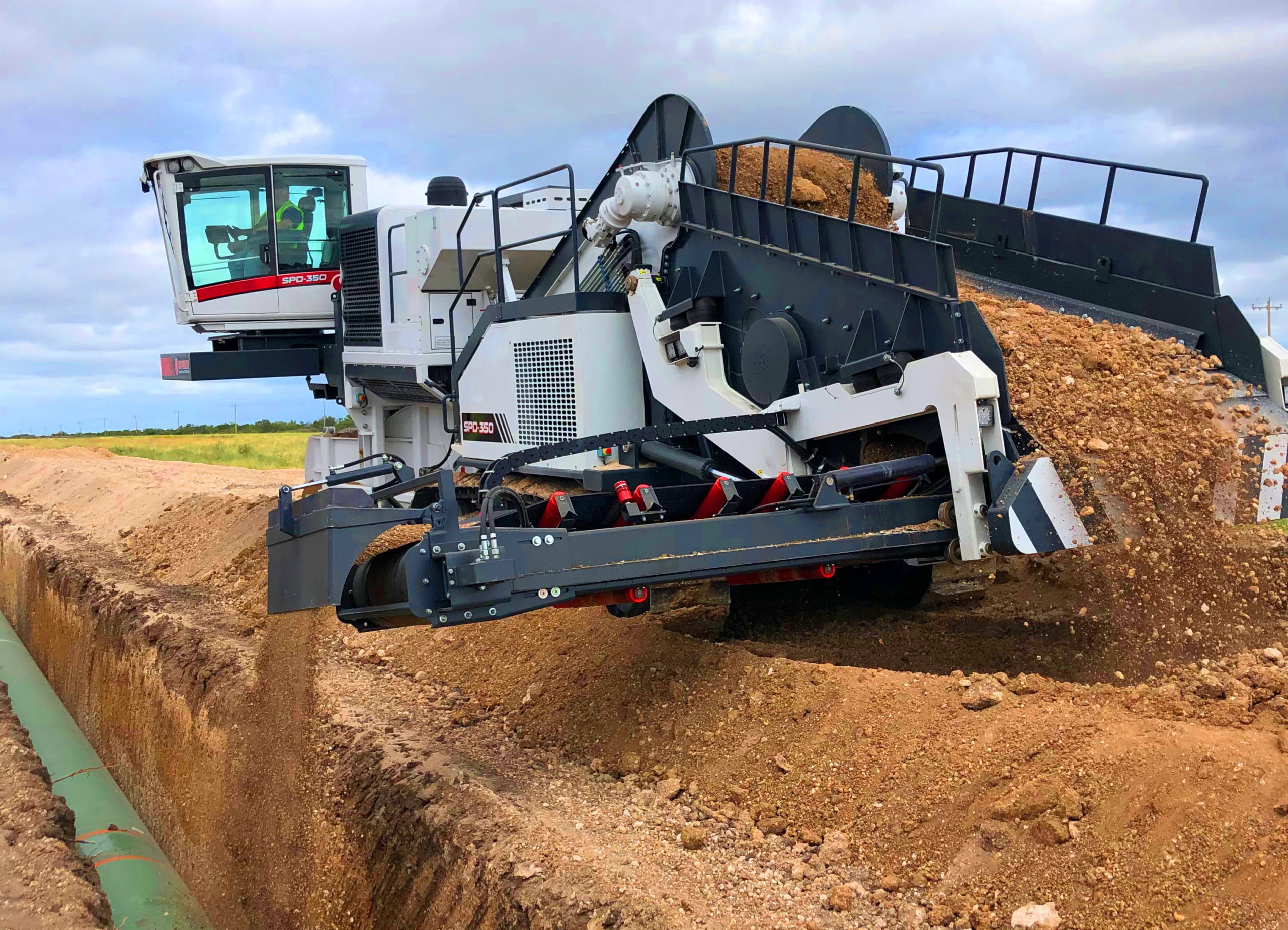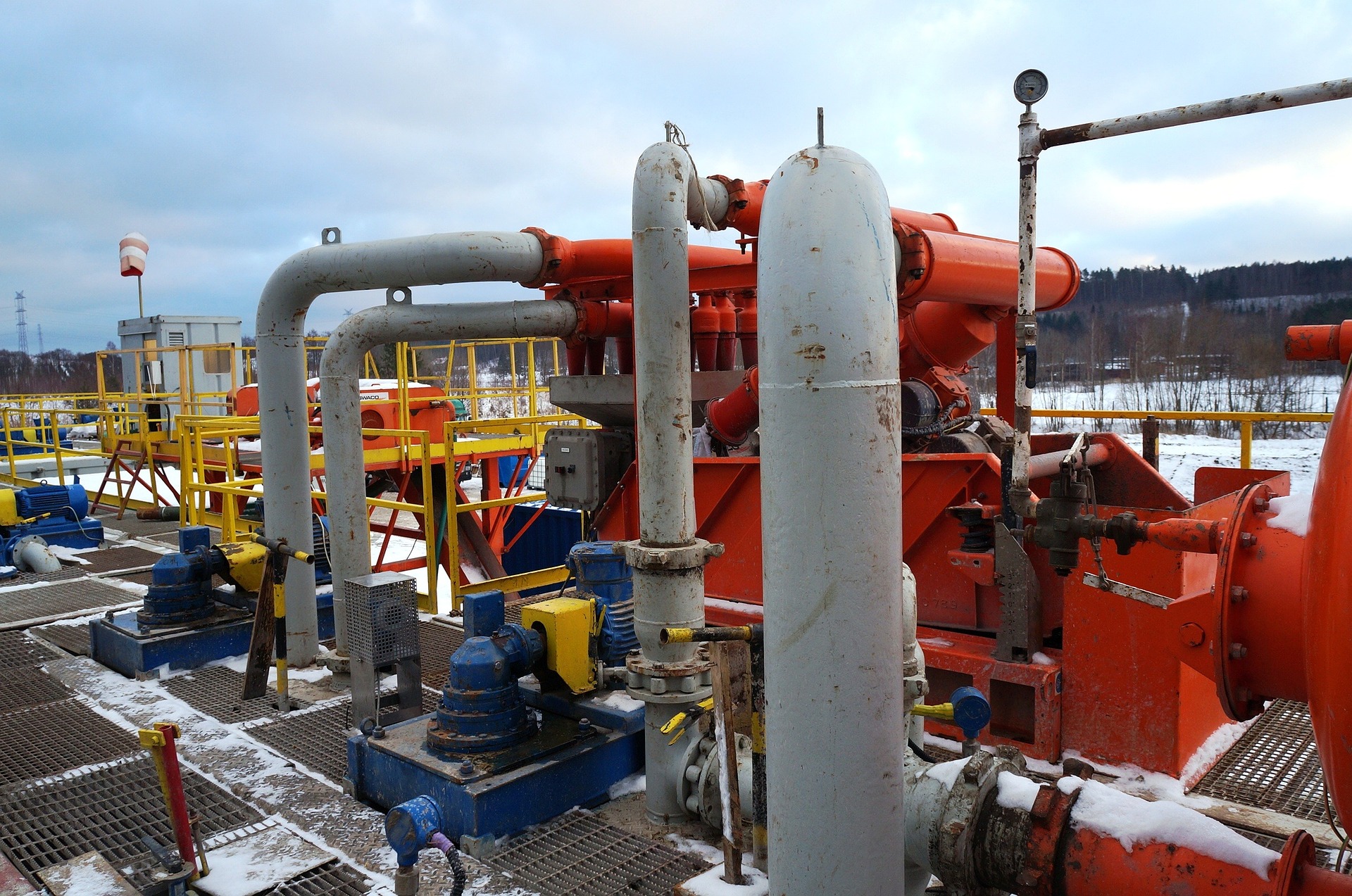Why Superior Oilfield Rentals is reshaping oilfield efficiency
A Comprehensive Guide to the Numerous Sorts Of Oil Field Equipment and Pipeline Equipment Available
The oil and gas industry counts greatly on specific equipment for effective extraction and transport. Numerous kinds of equipment, from piercing rigs to storage tanks, play important duties in this complex procedure. Each tool serves unique functions that contribute to general operational success. Recognizing these parts is necessary for anybody involved in the field. As the market progresses, so too do the modern technologies that sustain it. What innovations are on the horizon?

Drilling Rigs: The Foundation of Oil Expedition
Drilling rigs offer as the vital machinery in the domain name of oil exploration, making it possible for business to accessibility hydrocarbon books buried deep below the Planet's surface area. These rigs can be found in different kinds, including land rigs, offshore rigs, and mobile devices, each made to run in particular environments. Geared up with sophisticated technology, drilling rigs can permeate geological formations with accuracy, making certain reliable resource removal. The structural honesty and operational abilities of these rigs are essential, as they should stand up to extreme problems and significant pressures. The option of an exploration gear influences the overall project expense and timeline, making it an essential consideration for oil firms seeking to optimize their exploration initiatives and make the most of efficiency in their procedures.
Pumps: Important for Fluid Activity
In the oil extraction process, the role of pumps is considerable, assisting in the movement of liquids throughout numerous stages of manufacturing. Pumps are crucial for delivering petroleum, water, and other liquids from underground reservoirs to the surface area and after that via pipes to refineries. They come in various types, consisting of centrifugal, favorable displacement, and submersible pumps, each serving certain objectives based upon the fluid qualities and functional demands. Centrifugal pumps are typically utilized for their efficiency in high-flow applications, while positive variation pumps excel in handling thick liquids. The choice of pump impacts overall efficiency, operational safety and security, and maintenance prices. Correct choice and upkeep of pumps are crucial for maximizing manufacturing and lessening downtime in oil area procedures.
Shutoffs: Controlling Flow and Pressure

Valves play a vital role in taking care of the circulation and stress of liquids within oil areas and pipes. Different sorts of valves offer distinctive applications, each made to satisfy particular functions essential for effective procedure - Superior Rentals Contact. Recognizing the qualities and uses of these valves is necessary for optimizing system efficiency and safety
Kinds of Valves
Crucial components in oil area operations, valves play an essential duty in managing the circulation and pressure of liquids within pipes and devices. Various kinds of valves are utilized to satisfy the diverse requirements of oil and gas production. Common types consist of entrance shutoffs, which supply a straight-line circulation and very little stress decline; world valves, recognized for their strangling capabilities; and ball shutoffs, acknowledged for their quick on/off control. In addition, check shutoffs stop heartburn, while butterfly shutoffs offer a light-weight option for controling circulation. Each shutoff kind is created with certain materials and arrangements to endure the rough conditions often found in oil fields, making certain integrity and efficiency in operations. Comprehending these kinds is crucial for effective system management.
Valve Applications and Functions
While various kinds of valves serve distinctive functions, their main applications rotate around managing flow and pressure within oil and gas systems. Shutoffs such as gateway, world, and ball shutoffs manage liquid motion, making sure peak performance and security. Entrance shutoffs are typically utilized for on/off control, supplying minimal flow resistance. Globe valves, on the various other hand, offer precise circulation guideline, making them appropriate for throttling applications. Ball valves are preferred for their fast operation and tight securing abilities. On top of that, pressure safety valve are essential for avoiding system overpressure, guarding tools integrity. On the whole, the ideal choice and application of valves improve operational efficiency, guaranteeing the trustworthy transport of oil and gas via pipelines and processing facilities.
Compressors: Enhancing Gas Transportation
Compressors play a crucial function in the effective transportation of natural gas, making sure that it moves efficiently via pipelines over lengthy distances. These tools raise the pressure Superior Rentals midland of all-natural gas, permitting it to get rid of rubbing and altitude modifications within the pipeline system. Additionally, compressors facilitate the harmonizing of supply and need, fitting changes in intake and manufacturing rates. Numerous kinds of compressors are utilized in the industry, including centrifugal, reciprocating, and rotary screw compressors, each offering distinct benefits based upon the functional requirements. Routine upkeep of these compressors is necessary to make best use of efficiency and lessen downtime, ultimately adding to a trusted gas transportation network. Their crucial function underscores the importance of compressors in the general oil and gas facilities.
Storage Tanks: Safe and Efficient Liquid Monitoring
Efficient transport of natural gas counts on different support group, one of which is the appropriate monitoring of tank. These tanks play an important function in safely having liquids, making certain that functional effectiveness is preserved while minimizing environmental dangers. Built from resilient materials, they are developed to hold up against high stress and harsh aspects. Correctly sized and purposefully located, storage tanks facilitate the smooth circulation of natural gas and other fluids, avoiding bottlenecks in supply chains. Routine upkeep and surveillance are imperative to detect leakages or architectural concerns, advertising safety and compliance with governing criteria. Ultimately, the effective management of storage space containers is critical for the total honesty and dependability of the oil and gas industry's liquid handling systems.
Pipeline Systems: Framework for Transport
Pipeline systems act as the backbone of the oil and gas sector, assisting in the reliable transport of hydrocarbons over large ranges. These systems contain different components, including pipelines, valves, pumps, and compressors, all thoroughly created to assure smooth circulation. The products made use of in pipeline building, usually steel or high-density polyethylene, are chosen for toughness and resistance to deterioration. Pipeline networks can extend throughout land and water, connecting production sites to refineries and circulation. Furthermore, advanced modern technology makes it possible for real-time surveillance of circulation rates and stress degrees, boosting operational efficiency. The tactical placement of these pipelines lessens environmental effect while making the most of resource accessibility, thus playing a vital function in meeting energy demands worldwide.
Security Equipment: Making Certain Worker and Environmental Defense
The procedure of pipeline systems, while crucial for energy transport, also presents considerable security difficulties for employees and the setting. Safety devices plays a considerable function in mitigating these risks. Personal safety devices (PPE) such as helmets, handwear covers, and non-slip shoes safeguards employees from physical hazards. Furthermore, gas detection systems keep an eye on for leaks, ensuring that damaging compounds do not present a danger to workers or the surrounding ecosystem. Emergency situation closure systems are important for quickly stopping operations during a dilemma, stopping prospective catastrophes. Spill containment products, consisting of absorbents and obstacles, are basic for decreasing ecological impact. Overall, spending in comprehensive safety equipment is critical for keeping operational honesty and shielding both workers and the atmosphere in the oil and gas industry.

Often Asked Questions
Exactly how Do I Select the Right Oil Field Equipment for My Job?
Picking the ideal oil area equipment includes evaluating task specifications, budget constraints, and operational needs. Take into consideration variables such as equipment dependability, compatibility with existing systems, and the provider's online reputation to guarantee peak performance and safety and security.
What Are the Maintenance Demands for Oil Field Equipment?
Upkeep demands for oil area tools consist of routine evaluations, lubrication, and prompt repair services. Operators needs to likewise follow maker guidelines, monitor efficiency metrics, and assurance conformity with security laws to improve durability and effectiveness.

Just How Can I Guarantee Compliance With Environmental Rules?
To assure compliance with environmental guidelines, firms must perform normal audits, implement finest practices, spend in training, maintain appropriate paperwork, and stay upgraded on regulations (Superior Rentals Contact). Partnership with ecological firms can also boost adherence to guidelines
What Is the Ordinary Life-span of Pipeline Equipment?
The ordinary life expectancy of pipeline devices normally ranges from 20 to half a century, depending upon aspects such as worldly high quality, environmental conditions, and upkeep techniques. Routine evaluations can significantly affect long life and functional performance.
Just how Do I Securely Move Oil Field Equipment to Remote Locations?
Delivering oil field devices to remote locations needs careful planning, including course analysis, safeguarding authorizations, making use of suitable vehicles, and making sure safety protocols are adhered to. Correct training and interaction amongst crews are vital for successful transport.